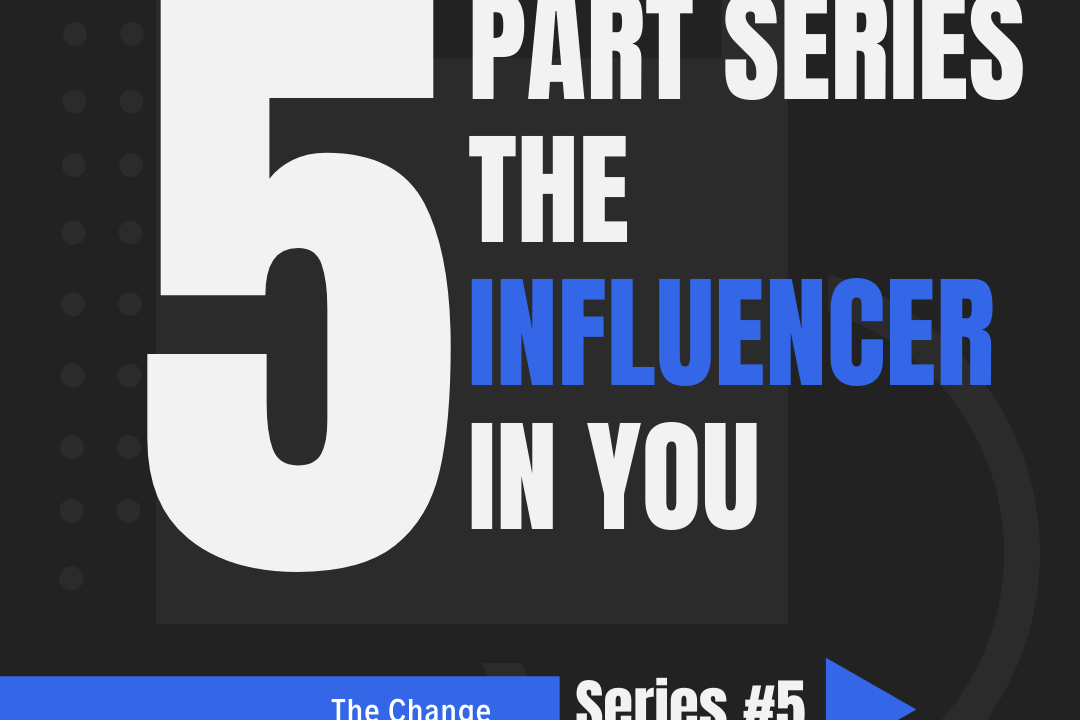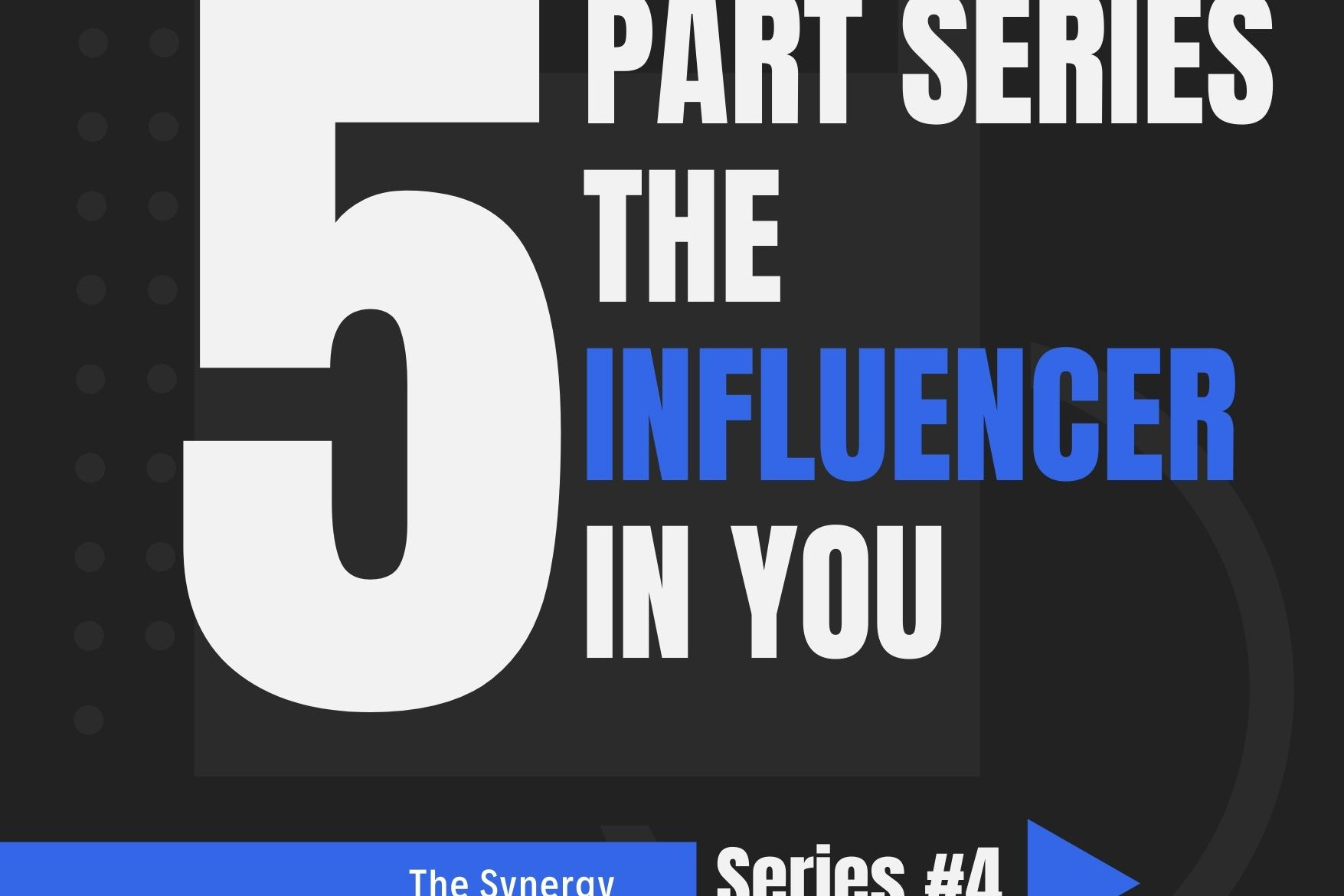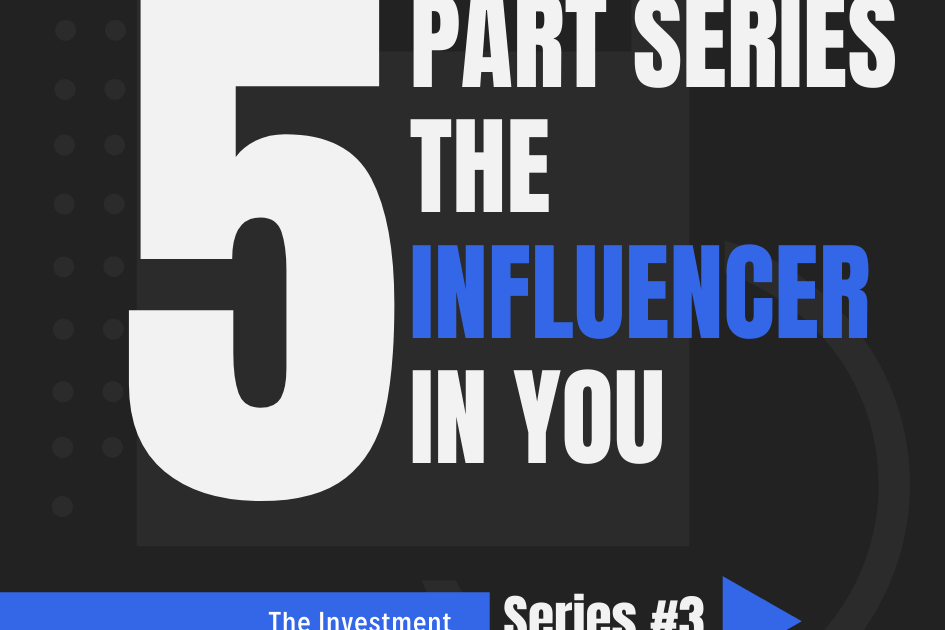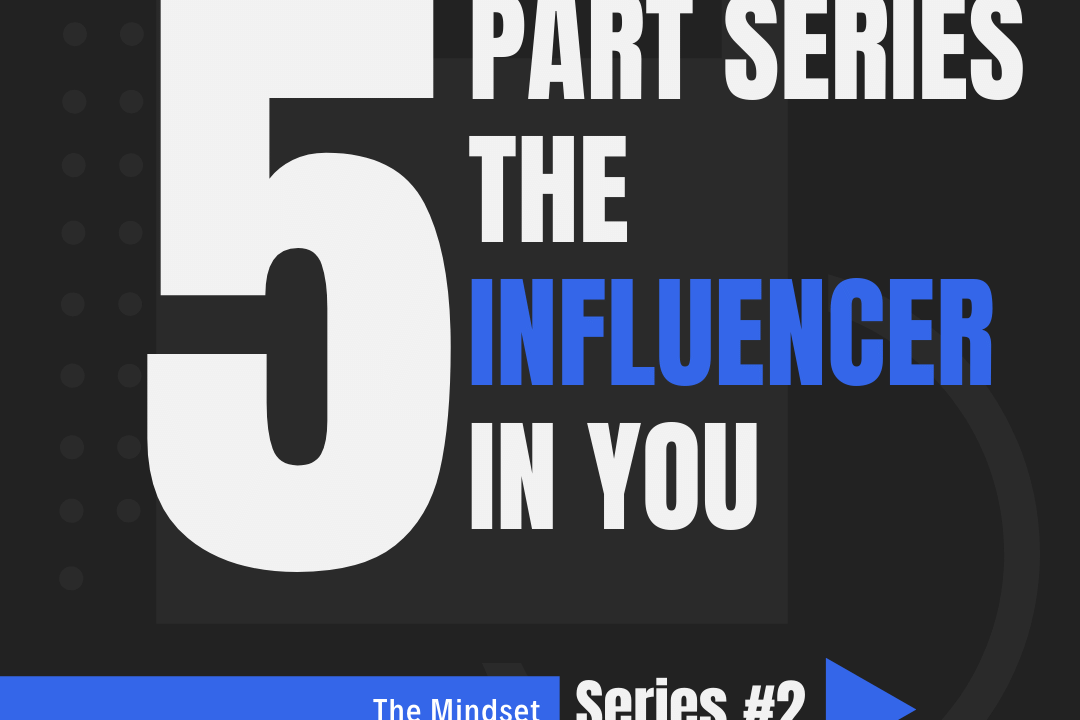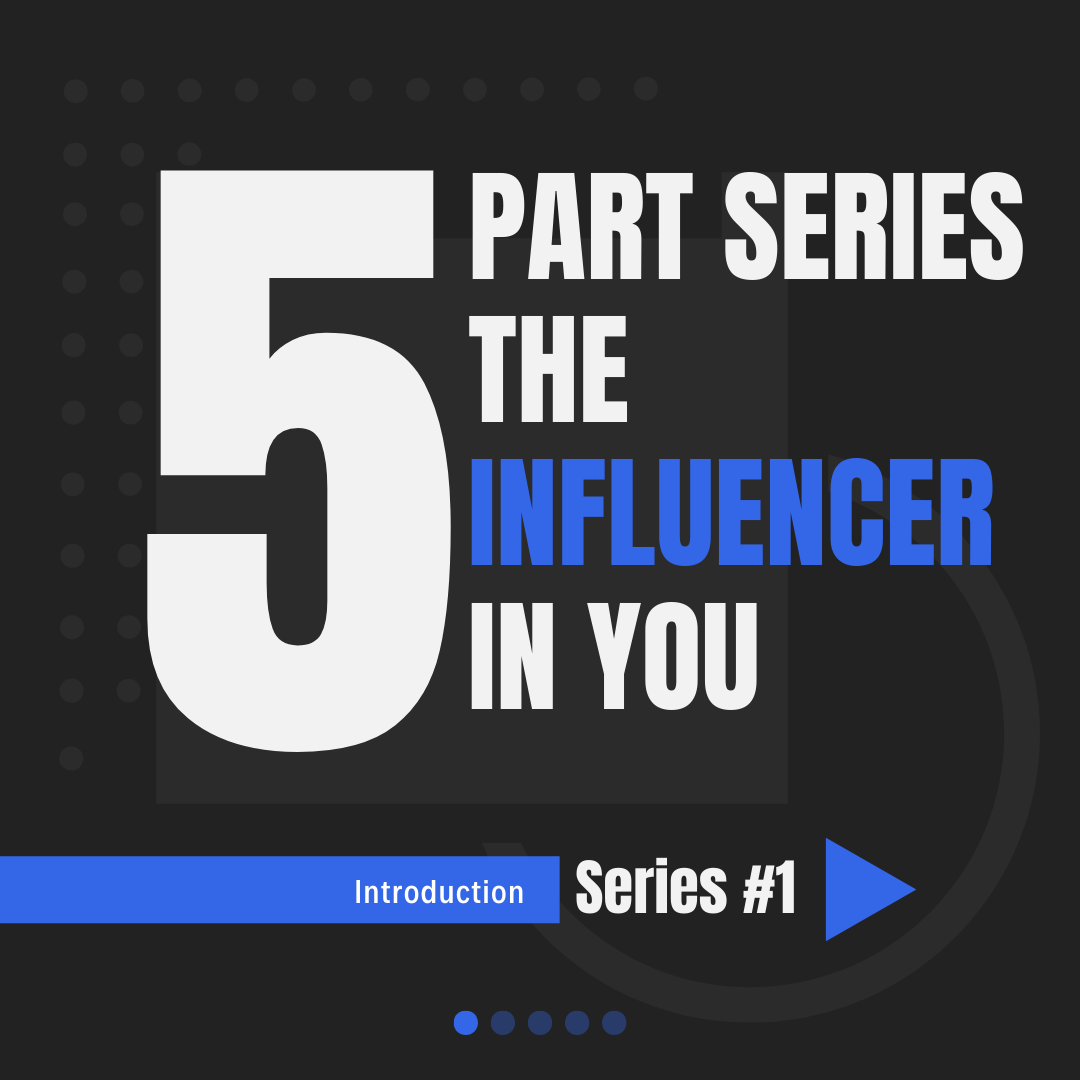
The Influencer in You: Why Mentoring Works, How It Changes Lives, and Where It Transforms Legacies

In celebration of National Mentoring Month, I am presenting a five-part series on why mentoring works, how it changes lives, and where it transforms legacies. Think about all of the mentors who’ve played an instrumental role in your life, leadership, and legacy pursuits. Have you thanked them lately? Caregivers, coaches, teachers, pastors, managers, social workers, and others have influenced us in profound ways. In turn, how do we “pay their investment forward” by making a mentoring difference inside and outside the workplace? Let’s set our game plan aside for a moment. Here’s what we do know. Mentors come in all shapes and sizes. Some are tall like me, while others are vertically challenged. They cover the racial spectrum; no ethnicity (or gender or social class) has a monopoly on who gets mentored. We’re all being influenced by someone or something, either positively or negatively. One thing is certain, however: seasoned mentors are bonafide tour guides. They transport their mentees to places and spaces by way of experience. The road frequently traveled is the path of familiarity. Of course, some newbie influencers, notably peer-to-peer mentors, won’t have an accurate lay of the land until they navigate it alongside their youthful counterparts. Yes, it’ll be fraught with pitfalls, roadblocks, and hazard signs. Please note: Growth can’t occur without some degree of topographical friction. Mentors must deal with their fair share of detours.
Without his fanfare, I’ve been called a softer version of David Goggins, a man with an impressive pedigree as a former navy seal and current world-class speaker. I’m quite familiar with who he is (because of the comparisons). But only recently — on January 3, 2024, while working out when I didn’t feel like it — did I become acquainted with his in-your-face style. Within minutes of the interview with Andrew Huberman on YouTube, Goggins discussed what makes him click, stick, and tick. He has little sympathy for others (his words, not mine!); I am quite empathetic. He admittedly has memory and recall struggles; learning comes quite naturally and easily to me. He grew up a chunky kid, weighing over 300 pounds in childhood; soaking wet, adding pounds to my 6’9” frame has always been incredibly difficult, even in adulthood. But the thing we do have in common is an insatiable appetite for self-mentoring. You see, most of us tend to wear the “self-motivated” label as a badge of honor. And there’s nothing wrong with this! But I prefer “self-mentored” since motivational cues can be fleeting when warm, fuzzy feelings stop flowing. Whether in a solo or crowded setting, self-mentoring proponents realize that their audience of one will always hold them accountable. As both a cheerleader and critic, the echo chamber of internal growth wouldn’t have it any other way.
The litmus test of effective mentoring is continuous improvement. I know, a trite saying that doesn’t carry as much weight as it once did (circa 1990s). Today, that expression is so passé. But change can’t take place on the outside unless transformation occurs on the inside. Never being content with the status quo is how anyone, and everyone, can become a top-notch mentor or change-agent specialist. No, you don’t have to reach a 10,000 hour milestone to obtain outlier status in the influence arena (as highlighted in Malcolm Gladwell’s bestselling book, Outliers). You can start right now — today. But most people talk themselves out of a mentoring commitment for several reasons:
- They are quick to point out, “I just don’t have the time.” Join the crowd; we’re all super busy. I realize my response sounds Gogginish 🙂
- An autopilot existence is perfectly fine for the vast majority of Americans. If no day is different than the next, then you, my friend, are tiptoeing the line of a mediocre life. Keep in mind that the currency of change requires an ongoing payment to sustain growth.
- A lot of mentoring fence-sitters don’t know where to start.
Well, look around. Our households, extended families, friendship circles, work places, and communities are screaming for mentors. Of the relatable, reliable, and reputable kind. Add reasonable to the mix, too. In this series, I’ll challenge you (just like David Goggins) to hit the influence mark personally, professionally, and philanthropically. Why? Because when you see a mentoring need and don’t fulfill it, a lot of innocent people get left behind due to your awareness breach — many of them permanently.
Questions to Consider:

Who has had the biggest mentoring influence on your life personally, professionally, and philanthropically? Why?
What hangups, holdups, and hiccups do you have with mentorship or sponsorship in an organizational setting? Be honest. (The difference between mentors and sponsors? Mentors make an investment, while sponsors expect a return on their investment. Their ROI is often based on a quid pro quo arrangement with protégés.)
How likely or unlikely are you to enter a mentoring engagement with someone who doesn’t look, think, or act like you (or your comfort zone clique)? Why?

